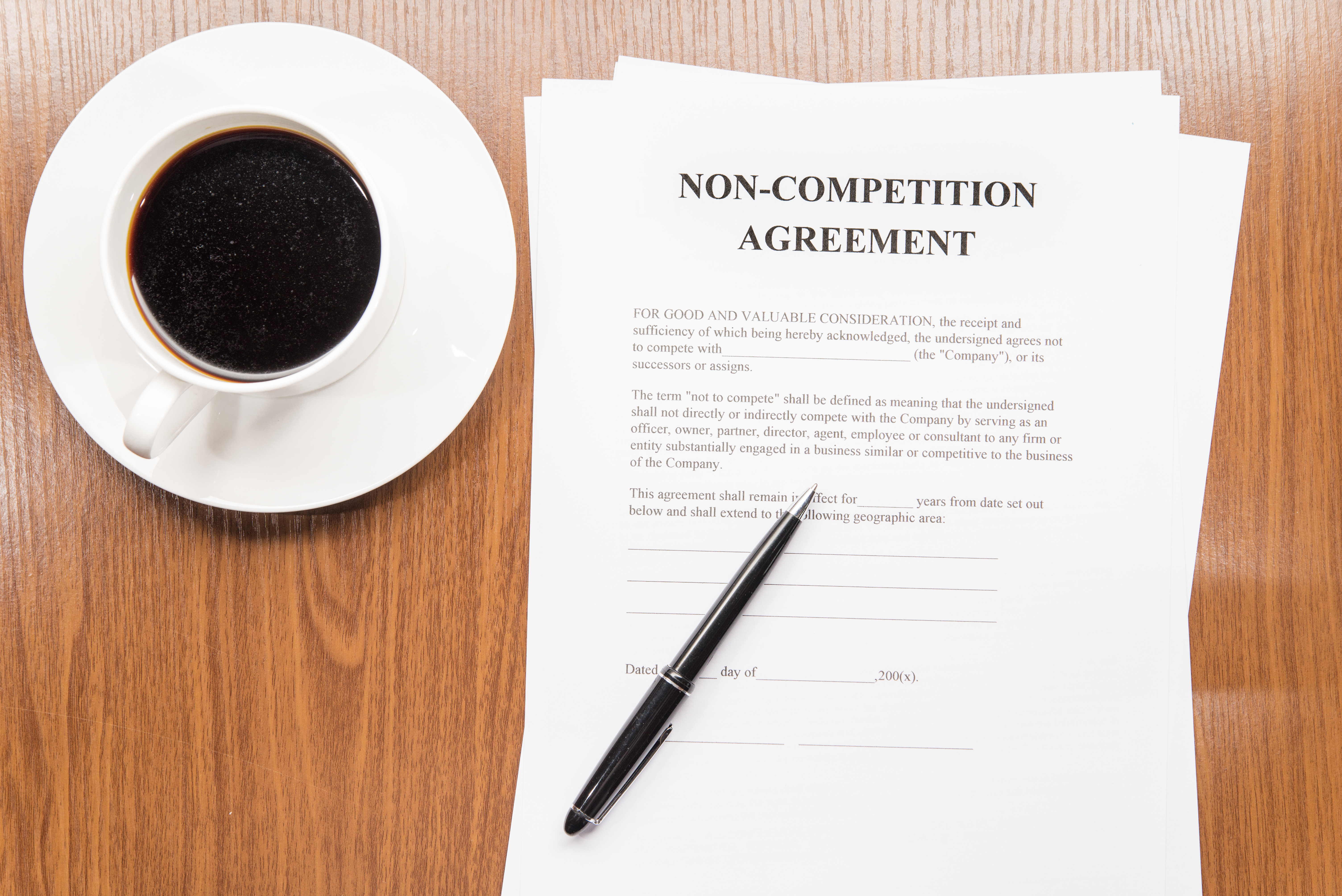Enforcing Non-Compete Agreement with Injunctive Relief

There are numerous employers that want employees to sign a non-compete, non-disclosure, and non-solicitation agreement (collectively, the “non-compete agreement”). For good reason, they don’t want to train employees to learn the business’ trade secrets and business practices (e.g., marking strategies, pricing, techniques, customer lists, etc.) only to then compete with the employer and solicit its clients. The non-compete agreement will allow the employer to move for injunctive relief if a former employee violates the agreement to maintain the status quo and prevent the irreparable harm to the employer.
An example is as follows. In Allied Universal Corp. v. Given, 42 Fla. L. Weekly D631a (Fla. 3d DCA 2017), an employer that engaged in the manufacture and distribution of water treatment chemicals hired an employee. The company trained the employee regarding its practices and provided him with proprietary information such as production costs, customer lists, prospective customer lists, and marketing and pricing information. The employee’s non-compete agreement provided he would not compete with the employer for 18 months after leaving the company and within a 150-mile radius of any of the employer’s facilities. The employee left the company to work for a competitor and the employer moved for a preliminary injunction to enforce the non-compete agreement against the employee.
The trial court denied the employer’s motion for a preliminary injunction after an evidentiary hearing. The employer appealed. Because a trial court has discretion in granting or denying an injunction, its decision will not be overturned absent an abuse of discretion. In this case, the appellate court reversed the trial court finding the trial court abused its discretion in denying the granting of the preliminary injunction.
Non-compete agreements in Florida will be governed by Florida Statute s. 542.335, which is designed to construe restraints on trade and commerce in favor of providing reasonable protection to legitimate business interests. The statute includes a non-exhaustive list of legitimate business interests, such as, trade secrets, valuable confidential information, customer goodwill, substantial relationships with specific prospective or existing customers, specialized training, etc.
A party moving for a preliminary injunction must establish:
- “the likelihood of irreparable harm and the unavailability of an adequate remedy at law;
- a substantial likelihood of success on the merits;
- that the threatened injury to the petitioner outweighs any possible harm to the respondent; and
- that the granting of the temporary injunction will not disserve the public interest.”
Allied Universal Corp., supra.
Importantly, the “breach of a non-compete agreement that threatens a former employer’s goodwill and relationships with its customers, indicates that nothing short of an injunction would prevent this loss.” Allied Universal Corp., supra.
At the evidentiary hearing, the employer established legitimate business interests that it wanted to protect including the employer’s relationship with specific existing and prospective customers. The evidence showed that the employer trained the employee in its production techniques, marketing strategies, and pricing strategies. Hence, the employer showed it would be irreparably harmed by the employee’s violation of the non-compete agreement—the employer’s business would be harmed if the employee were to use the employer’s customer information, relationships, and marketing strategy in his new employment. This meant that the burden shifted to the employee to establish the absence of an irreparable injury, which the employee was unable to do. For this reason, the appellate court reversed the trial court and remanded with directions for the trial court to grant the temporary injunction.
Please contact David Adelstein at dadelstein@gmail.com or (954) 361-4720 if you have questions or would like more information regarding this article. You can follow David Adelstein on Twitter @DavidAdelstein1.




